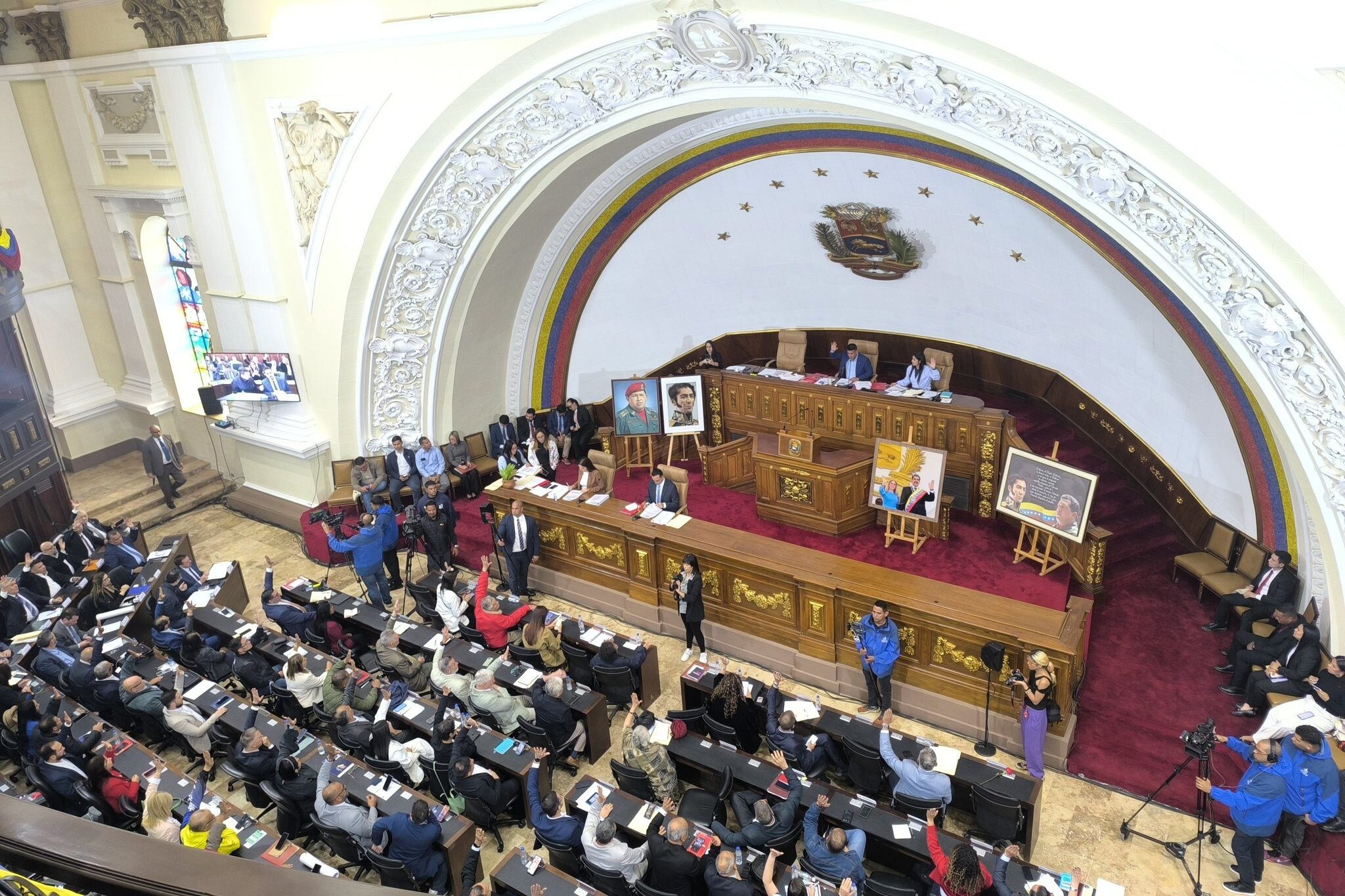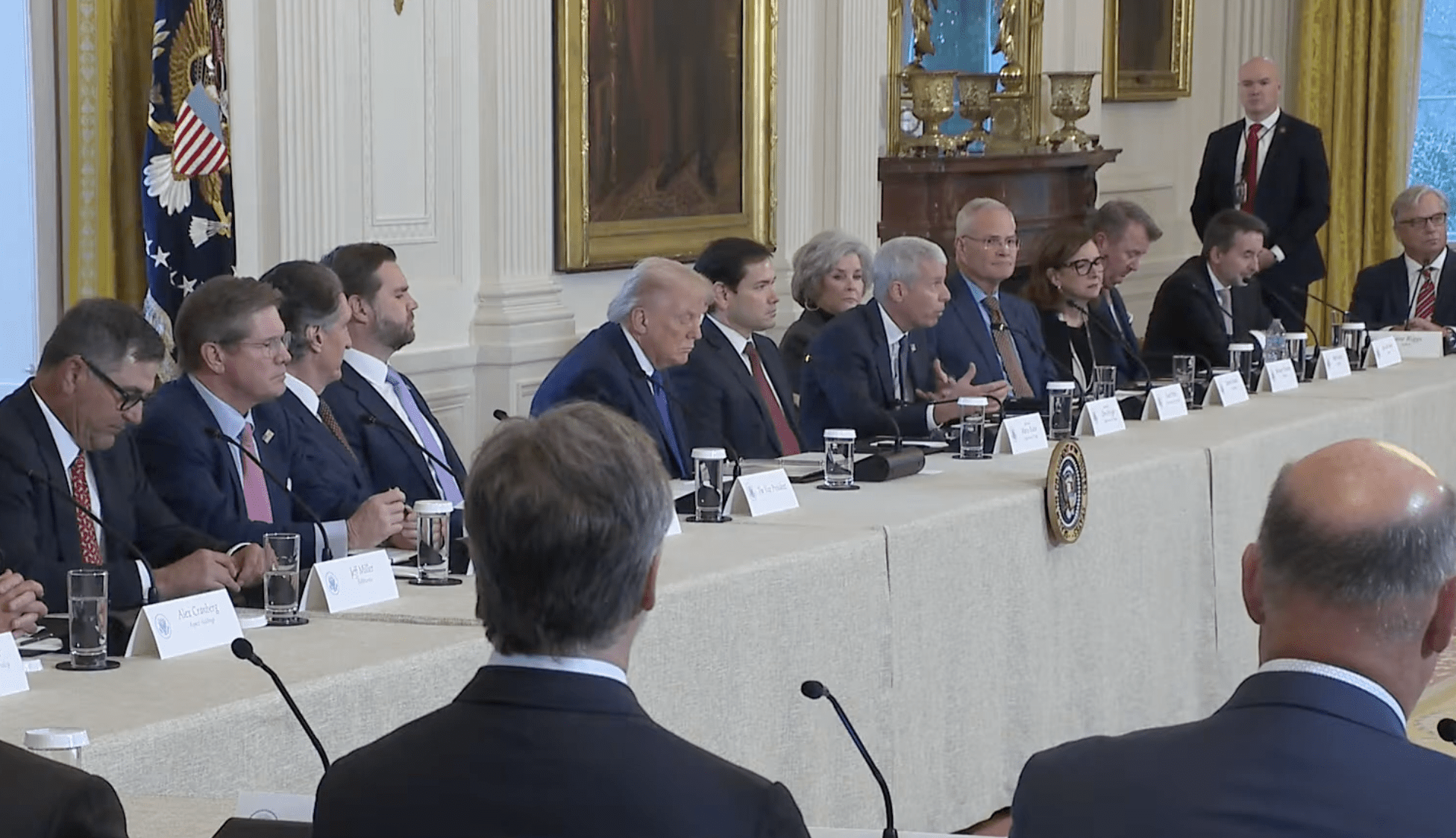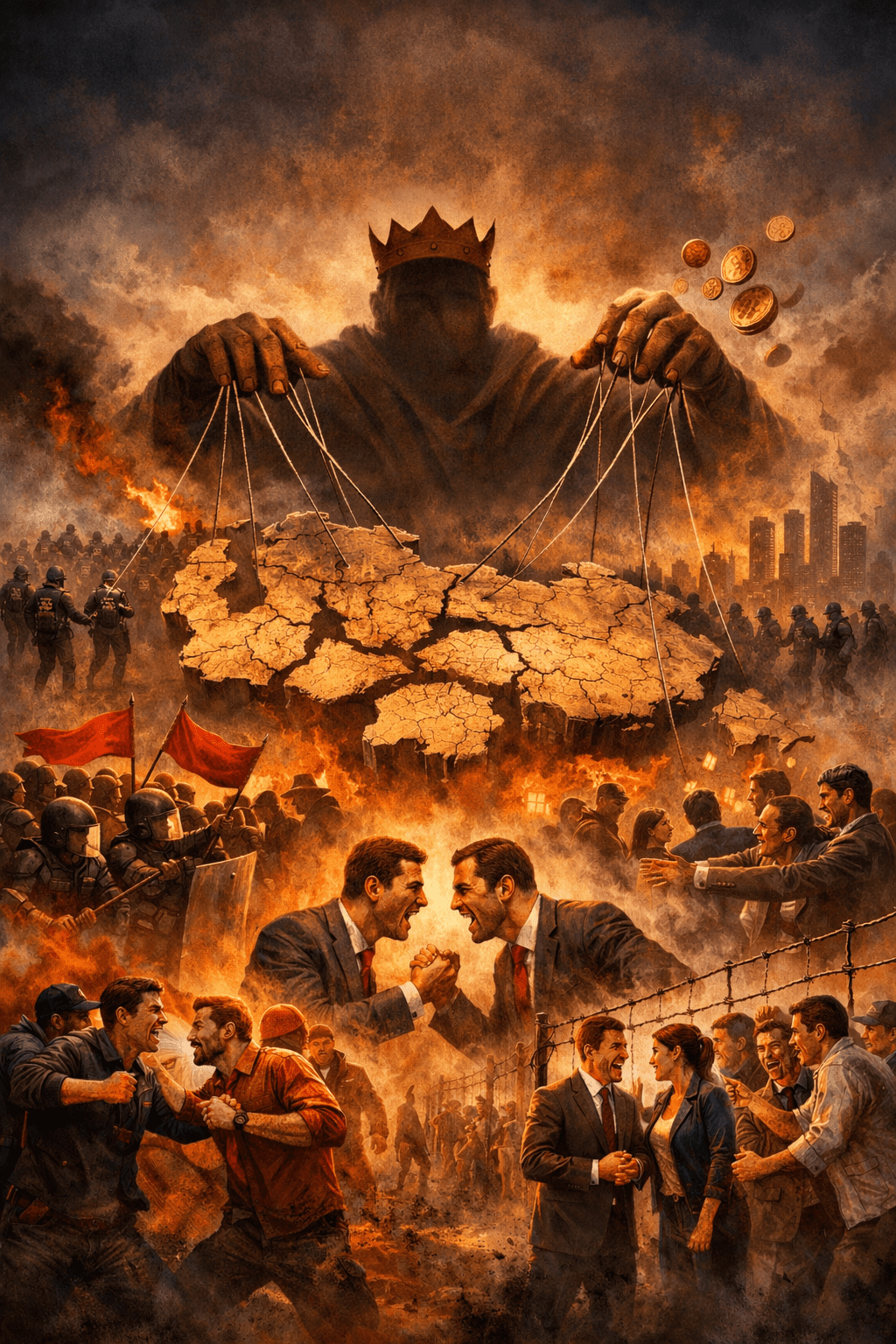Cover of the book The Art of the Deal, written by Donald Trump and journalist Tony Schwartz in 1987.
Donald J. Trump (DJT) says in his 1987 book The Art of the Deal, co-authored with journalist Tony Schwartz (The Art of Negotiation, Editorial Digital Titivillus), that his “negotiation style is quite simple. I aim very high. From there, it’s all about pushing and pushing until I get what I want. Sometimes I settle for less, but in many cases, in the end and despite everything, I achieve what I set out to do.” So keep reading, because what follows is surprising.
DJT believes that “negotiation is an innate ability. It’s in the genes. Some intelligence is needed, but the most important thing is instinct.” His three general rules are: Aim high, manage risks, and stay flexible.
Aim High:
“Since you have to think anyway, you might as well think big. Many people think small because they fear success, fear making decisions, fear winning. This gives a huge advantage to people like me.”
Focus on the Downsides—the Upsides Will Take Care of Themselves:
“People think I’m a gambler. Nothing could be further from the truth. To me, a gambler is someone who puts coins in slot machines. I’d rather own the slot machines. They say I believe in the power of optimism or positive thinking. The truth is, I believe in the power of negative thinking… In business, I’m very conservative. I always go into a negotiation expecting the worst. Only once in my life did I ignore that rule: when I bought a losing football team in a losing league, believing things would turn around.”
Maximize Your Options:
“I protect myself by staying flexible. I never get too tied to one deal or one approach. I juggle many balls at once because many businesses fail, no matter how promising they seemed at first.”
To these three general rules, he adds others aimed at reinforcing his aspiration to win big:
Leverage Your Advantages:
“The worst thing that can happen to you in a deal is to be desperate to make it. When that happens, your opponent smells blood, and you’re as good as dead. It’s best to negotiate from a position of strength, and the strongest position is having something the other side wants—or better yet, can’t do without.”
“Unfortunately, this isn’t always a given from the start, so often, advantage requires imagination and salesmanship. In 1974, to convince the reluctant city government to approve my purchase of the Commodore Hotel in Manhattan, I persuaded the owners to announce their intention to close the establishment. Once that was announced, I had no trouble getting the City Council’s approval by pointing out the disaster a hotel closure would mean for the Grand Central area.”
Fight Back:
“I’m easygoing and treat people well if they treat me well. But when someone treats me badly or unfairly… my stance has always been to fight back as hard as possible.”
Promote Yourself:
“There are singers with voices as good as Frank Sinatra’s, but they only sing in their garage. You have to generate interest and expectations. You don’t need to hire a PR firm and pay them a fortune. Newspapers are always hungry for a good story—the more sensational, the better.”
Use Hyperbole:
“A little hyperbole never hurts. People love to believe something is the biggest, the boldest… Hyperbole is exaggeration without lying—an innocent form of promotion that’s also very effective.”
Deliver the Goods:
“You can create great expectations, mount a fantastic promotion, and get newspapers to publish your statements—seasoned with a good dose of hyperbole. But in the end, you have to deliver, or people will call it a scam.”
Be Bold:
“After losing the election to Ronald Reagan, Jimmy Carter visited me… seeking donors for his Presidential Library. I asked him what amount he thought appropriate, and he said, ‘Donald, I’d be very grateful if you could contribute five million dollars.’ I was so stunned I didn’t even know how to respond. But that experience taught me something I hadn’t understood before: how Carter became president. The answer is that, even if he wasn’t the most qualified, Carter had the audacity to ask for something extraordinary.”
In short, DJT’s negotiation style appears to be a partially refined reflection of his original self. As he puts it:
“In my neighborhood, I was a bit of a ringleader. As still happens today, I inspired either unconditional loyalty or dislike. I was well-liked in our gang, where I tended to become the leader… I was very loud; I liked stirring things up and testing others. I was the kind of kid who threw water balloons into yards, stink bombs in class, and caused chaos at school parties and birthdays. It wasn’t out of malice but rather aggressiveness.”
He also confesses how he learned to channel that aggressiveness:
“At the New York Military Academy, I learned discipline and how to direct my aggression. One teacher had a big influence on me: Theodore Cobias, a former Marine sergeant… a very strong man, the kind who, when he collides with a rugby goalpost, breaks the post instead of his head. He didn’t tolerate backtalk. I quickly realized fighting him was impossible… Some cadets tried and only got beaten. Most of my classmates chose the opposite tactic—submission. I took a third path. In a way, I outsmarted him. My athletic skills helped, as he was the baseball coach and I was team captain. I made it clear I respected his authority but didn’t fear him. It was about maintaining a delicate balance.”
Epilogue:
It’s clear that DJT’s negotiation style is “I Win, You Lose.” This assumes the game isn’t repeated because the winner takes the lion’s share, and the loser won’t return due to lack of retaliatory power. In contrast, negotiation research recommends a “Win-Win” approach, where the game repeats, both sides maintain balanced exchanges, and the “loser” can return to offset losses because they have something the other needs or retaliatory power.
Countries and governments negotiating with DJT are seeing his 20th-century business rules applied to international political and economic relations. There’s no case where Trump has started with a collaborative approach—only big accusations, threats, and outlandish aspirations. The exception is his supposed “friendship” with Vladimir Putin and his insistence on negotiating an end to the war in Ukraine. But this is where DJT may lose, as he’s operating in an unfamiliar horizontal style, whereas he only knows vertical relationships where he has the advantage and aims to take much more than his counterpart. Since Putin likely shares DJT’s negotiation style—and is more trained in aggression and cunning (ex-KGB)—DJT may end up losing, repeating his bad experience with the football team by “believing things would fix themselves along the way.”
Corollary:
If DJT and VP negotiate peace in Ukraine, the deal will likely include how they’ll divide it. From there, they may agree to split other countries key to the ongoing East-West geopolitical struggle. Alternatively, if Putin stays the course, he’ll make DJT look bad, prompting DJT to seize control of other strategic nations. If this happens, it will be tragic for Ukraine but may relieve other countries caught in the struggle—depending on which imperialism they deem the lesser evil.







